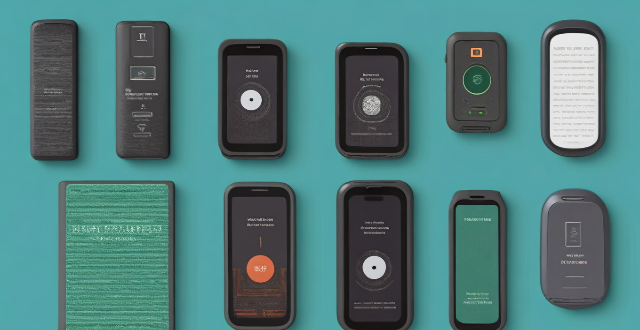The article explores the potential impact of phone cases on various aspects of phone performance, including heat dissipation, signal strength, battery life, and screen sensitivity. While there can be some effects, such as hindered heat dissipation or reduced signal strength, these are generally minor for most users. It's important to choose a case that suits your needs without compromising the functionality of your device, considering factors like material, design, and compatibility to find a balance between protection and performance.

Can a Phone Case Affect the Performance of My Phone?
Introduction
Phone cases are essential accessories for many people who own smartphones. They not only provide protection against physical damage but also add a touch of personalization to your device. However, some users wonder if using a phone case can affect the performance of their phones. In this article, we will explore the potential impacts of phone cases on various aspects of phone performance.
Heat Dissipation
One concern is that phone cases may hinder heat dissipation from the device. When a phone generates heat, such as during intensive tasks or charging, it needs to release that heat into the surrounding environment. If a phone case traps the heat, it could potentially lead to overheating and reduced performance.
Key Points:
- Heat Generation: Understand how your phone generates heat and under what circumstances it does so.
- Case Material: The material of the phone case plays a crucial role in heat dissipation. Thick or non-porous materials might retain more heat.
- Ventilation: Some cases come with built-in ventilation channels designed to improve airflow around the phone.
Signal Strength
Another common worry is that phone cases might interfere with signal strength, affecting call quality and data transfer rates. This is particularly true for metal or thick cases that can block or weaken radio waves.
Key Points:
- Radio Waves: Phones use radio waves to communicate with cellular towers and Wi-Fi networks. Obstructions can degrade these signals.
- Case Design: Look for cases designed to be "RF transparent," meaning they minimally impede radio wave transmission.
- Antenna Coverage: Ensure that the phone's antenna isn't completely covered by the case, allowing better signal reception.
Battery Life
While phone cases don't directly drain your battery, they can indirectly influence battery life by affecting the efficiency of the phone's operations. For example, if a case causes your phone to work harder to maintain its temperature, it could consume more power.
Key Points:
- Energy Consumption: Monitor your phone's battery usage with and without the case to see if there's a noticeable difference.
- Insulation: Some cases might act as insulators, preventing the phone from cooling down quickly, leading to prolonged energy consumption.
Screen Sensitivity
Thick or non-transparent materials used in phone cases can sometimes reduce the sensitivity of touchscreens. This is especially true for screen protectors that come with some cases.
Key Points:
- Touchscreen Responsiveness: Test how well the touchscreen responds through the case. Some materials might dampen touch sensitivity.
- Screen Protector Compatibility: Ensure that any screen protector included with the case is compatible with your phone's touch technology.
Conclusion
While phone cases can have an impact on certain aspects of your phone's performance, such as heat dissipation, signal strength, battery life, and screen sensitivity, these effects are generally minor for most users. It's important to choose a case that suits your needs without compromising the functionality of your device. By considering factors like material, design, and compatibility, you can find a balance between protection and performance.